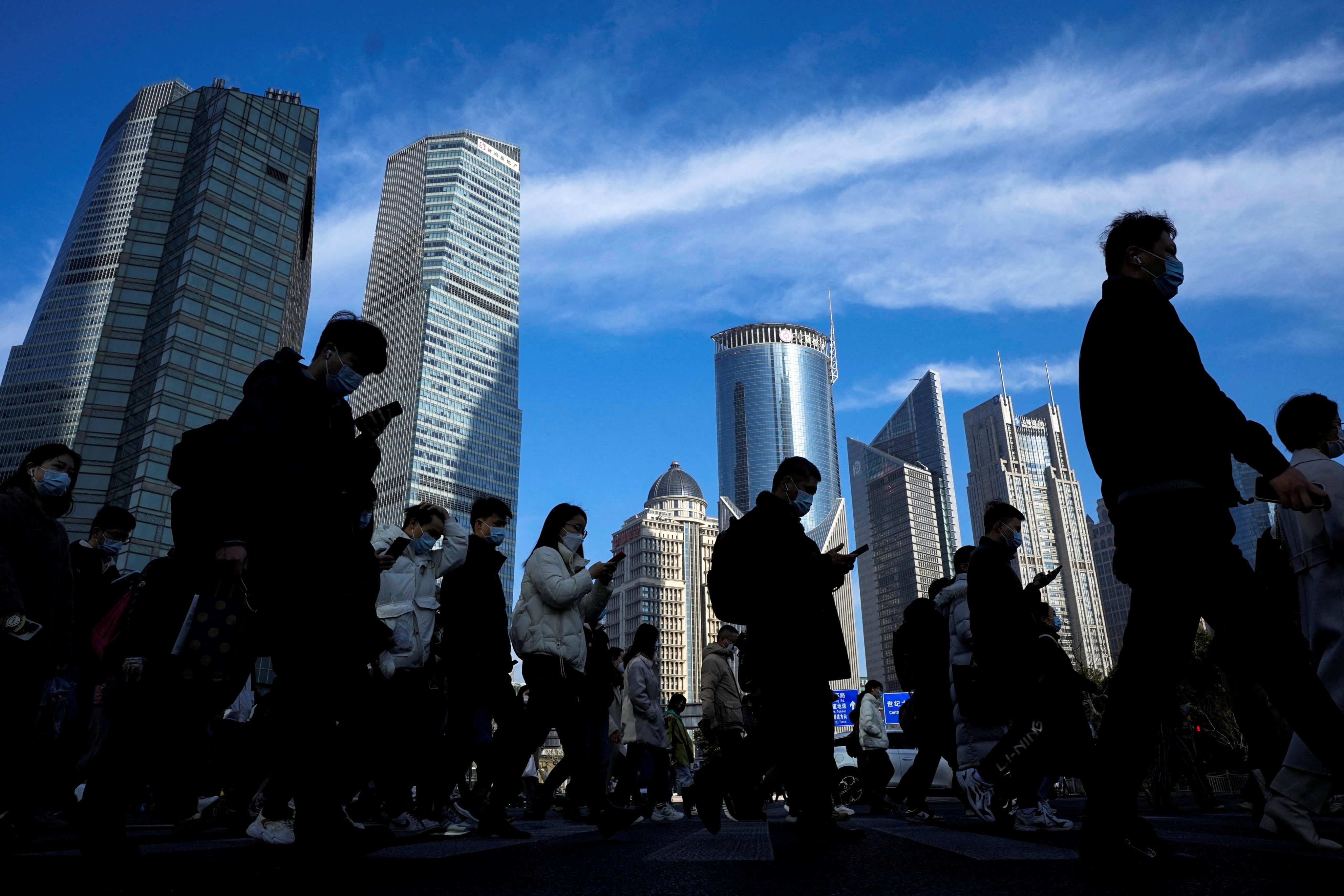
In yet another attempt to limit freedom of expression in China, the communist government plans to make nearby file-sharing apps like Apple’s AirDrop and Google’s File illegal and deem the popular function a “national security threat.”
On Tuesday, the Cyberspace Administration of China (CAC) published the draft regulation on its website, kicking off a month-long, mainly ineffective public consultation on the subject.
If the proposed laws are implemented, the use of communication tools like Apple’s AirDrop and Google’s File might be significantly hampered.
The proposed laws, according to the draft report, will prohibit any feature or “file transfer services that rely on Wi-fi, Bluetooth, and other information technologies to form networks instantly and communicate to other devices over a short range”.
Why is China declaring nearby file-sharing a national security threat?
The communist country has grown anxious about the growing usage of Wi-Fi or Bluetooth-based technologies to share politically sensitive content. For example, in October of last year, several activists in China were discovered utilizing such platforms to share anti-Xi Jinping pictures.
Bluetooth-based file-sharing apps, according to certain media accounts, were widely utilized during the 2019 Hong Kong protests. Furthermore, during the pinnacle of anti-COVID-19 feelings last winter, Chinese citizens were seen distributing anti-government content.
Security audits are required
According to the draft rules, corporations will be subjected to a rigorous security examination by the authorities before making their communication applications broadly available to Chinese users, as well as any app that could be used for “public expression and social mobilization.”
The new laws would primarily affect Apple’s AirDrop services; but, similar features offered by Chinese handset manufacturers such as Vivo, Oppo, and Xiaomi may encounter regulatory challenges as well. It is still unclear what content will be designated as a threat to national security.
“It is mainly about cybersecurity”
The proposed restrictions also require users to sign in with their official name to the app before using such services. The necessity for real-name registration, according to Gao Fuping, a law professor at the East China University of Political Science and Law in Shanghai, attempts to “fill a loophole” in content regulation.
Gao added, “It is mainly about cybersecurity, and the core aim is to ensure all the information transmission can be traced in case problematic things happen.”
While Apple has remained silent about China’s impending move, it has already drastically reduced its AirDrop feature for Chinese clients. Last November, Apple imposed a 10-minute time limit on exchanging AirDrop content via all iPhones in China. The move was taken just days after Xi’s re-election as Chinese president for the third straight term.






